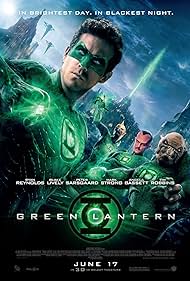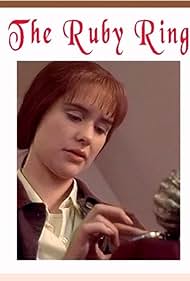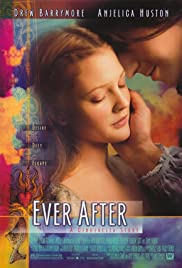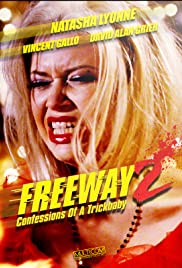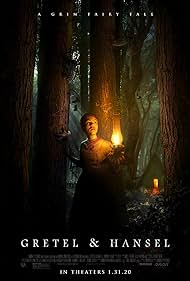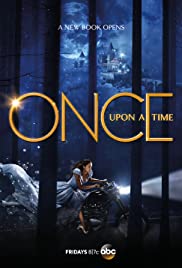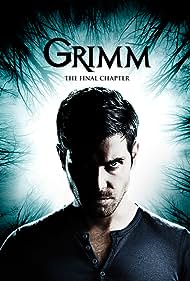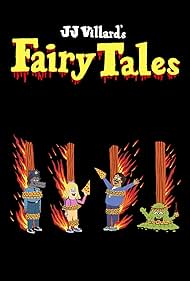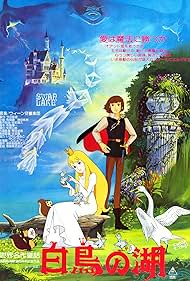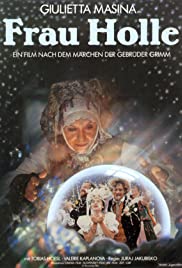Beauty and the Beast Soundtrack (1992)

Buy on Amazon Play and download Soundtracks
La bella y la bestia
Synopsis
Based on the classic fairy tale by the Brothers Grimm, Beauty lives a happy life in the city with her father and four siblings helping and spending time with the less fortunate. That is, until the day her father finds himself in an enormous debt after the great loss of his cargo ships in the China Sea. The family moves to a small cottage in the country and day after day the three men, the old man and his two sons Robert and Nathan, must work in the fields. One day, the old man receives news that one of his ships had survived, but when he arrives at the harbor he finds that nothing valuable was saved and that his family remains in poverty. On his way home, the old man gets lost in the forest and finds a magnificent castle where he spends the night. He remembers the promise he had made Beautyfor one simple rose, so he cuts a rose from one of the many rose bushes in the castle gardens. However, as soon as the rose is cut, a horrible beast appears and tells him that he must die for having cut the rose. The old man tells about the request of his daughter, and the beast tells him that he shall return home and bring his daughter to die instead. Though the man will rather sacrifice himself, Beauty insists on being the one who must die and arrives at the castle. Beauty spends many months at the castle waiting for her end to come, but instead, she develops a great friendship with the once terrible beast, that eventually turns to love.
Download and play the Soundtrack list
| Play | Title | Artist |
|---|---|---|
|
Beauty and the Beast
|
||
|
The Beauty in the Beast
|
Richard Hurwitz:
Performer
|
|
|
Clair De Lune
|
Claude Debussy:
Composer
|
|
|
Traumerai
|
Robert Schumann:
Composer
|
|
|
Carnival of the Animals
|
Camille Saint-Saëns:
Composer
|
|
|
The Nutcracker Suite (Waltz of the Flowers)
|
Pyotr Ilyich Tchaikovsky:
Composer
|
|
|
Symphony No. 6 (Pastoral)
|
Ludwig van Beethoven:
Composer
|
|
